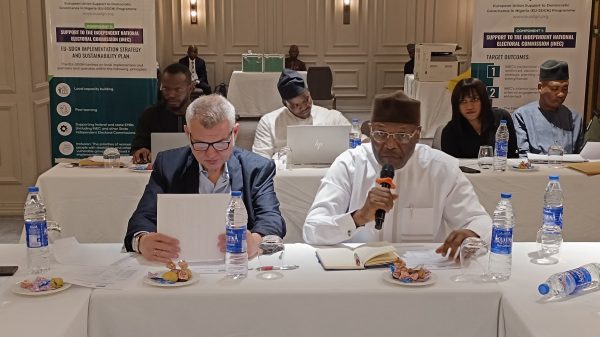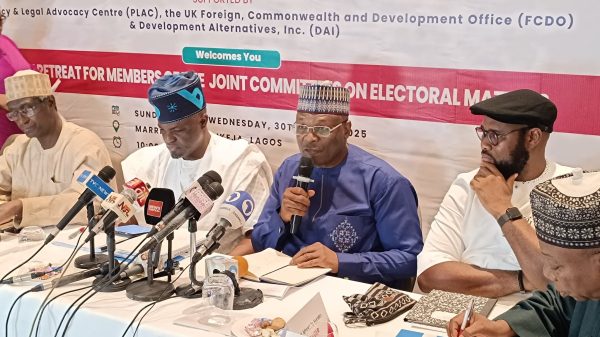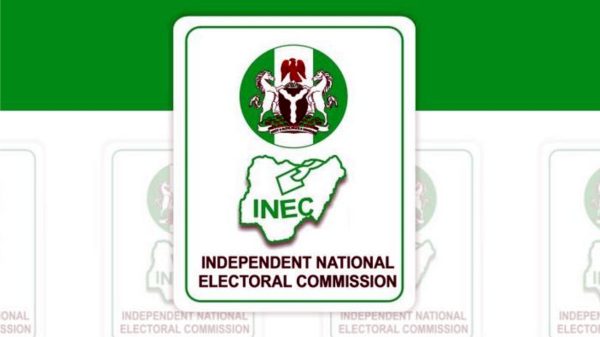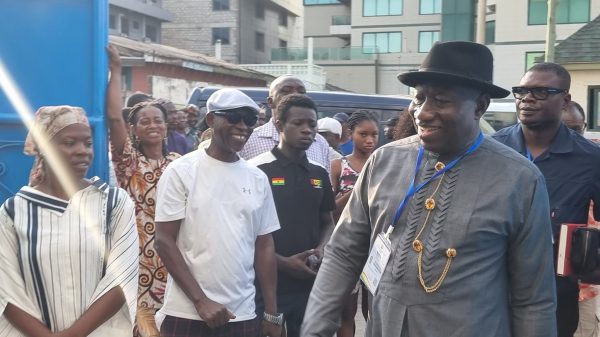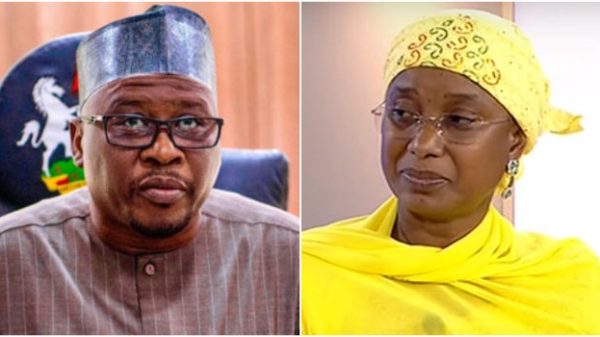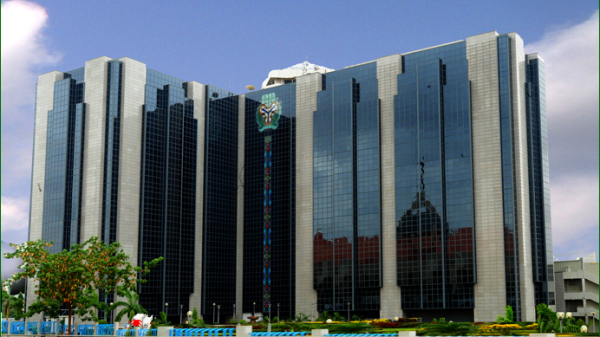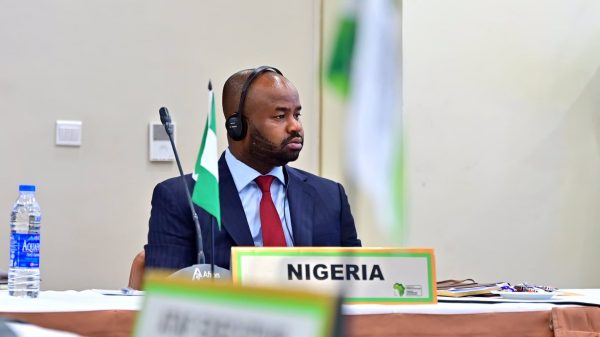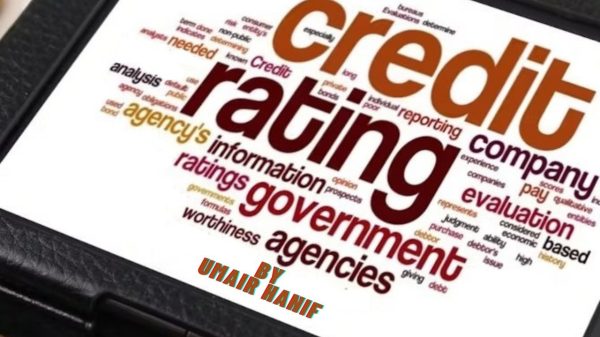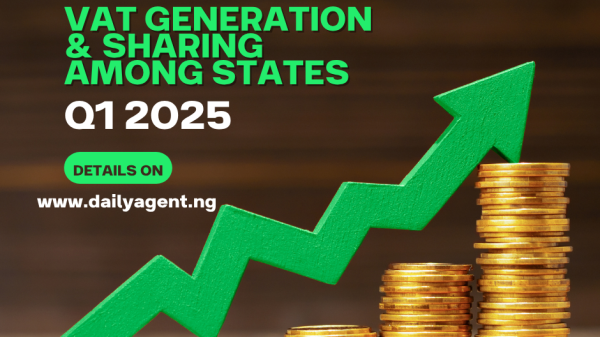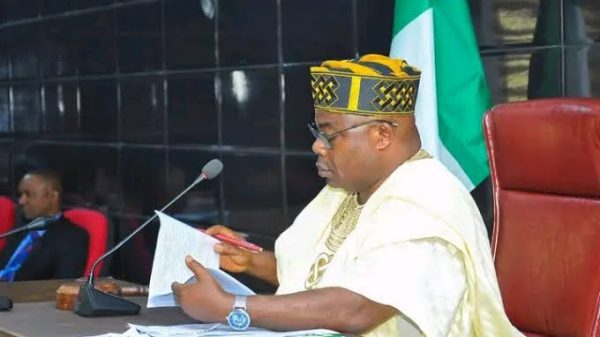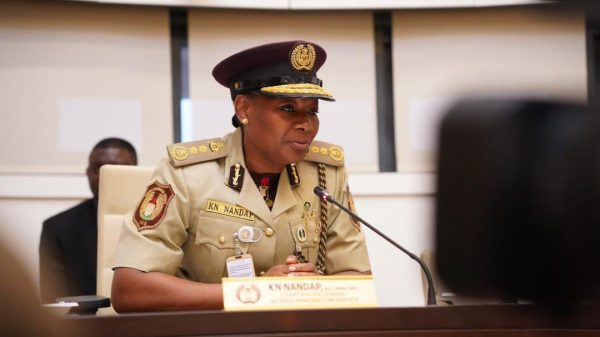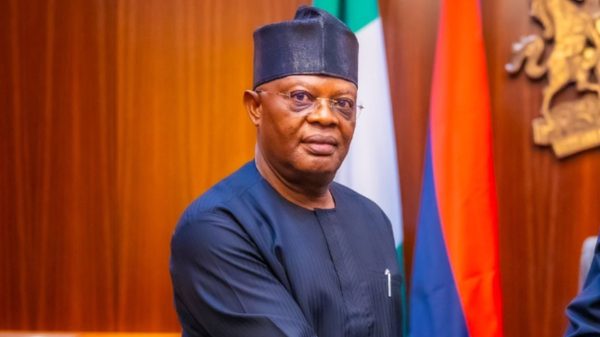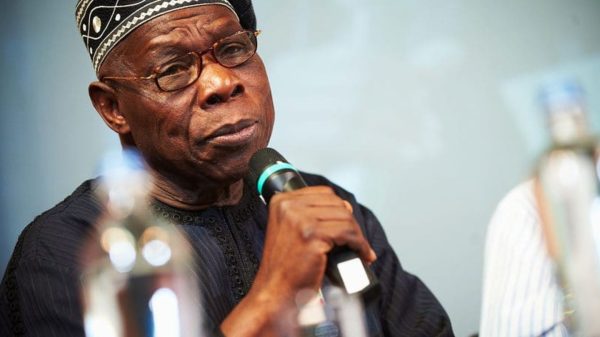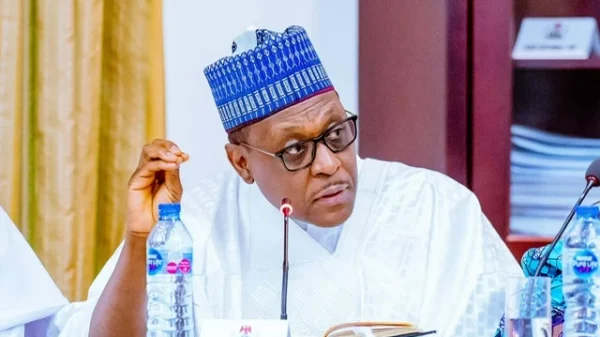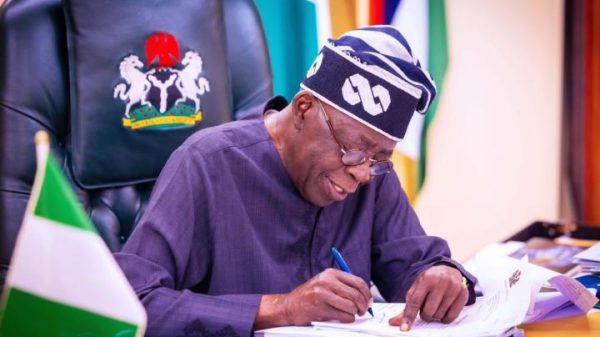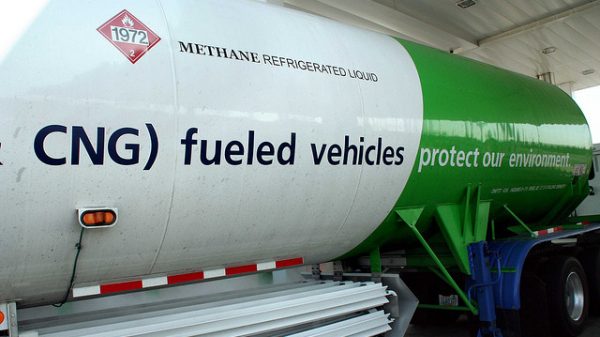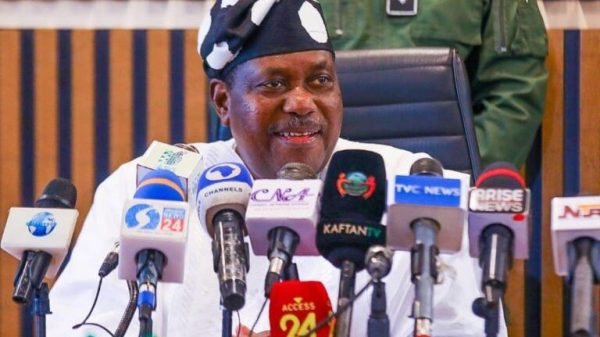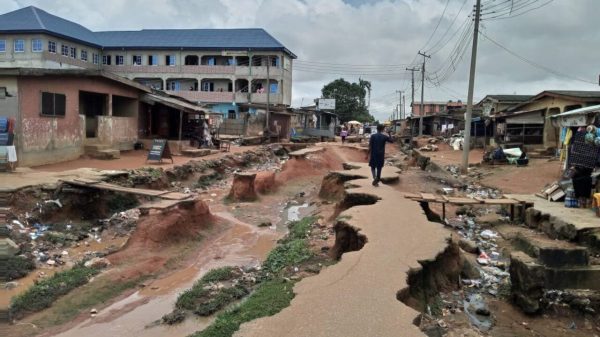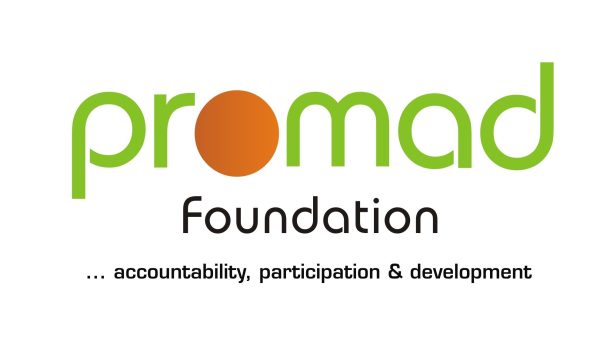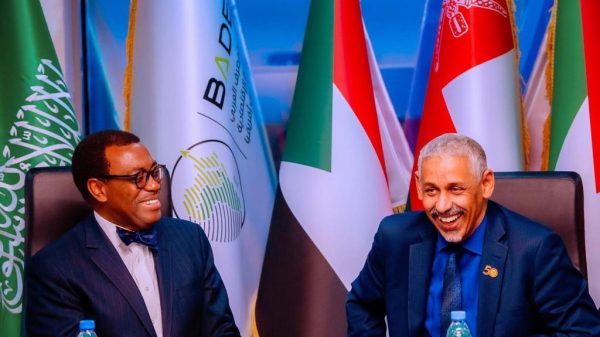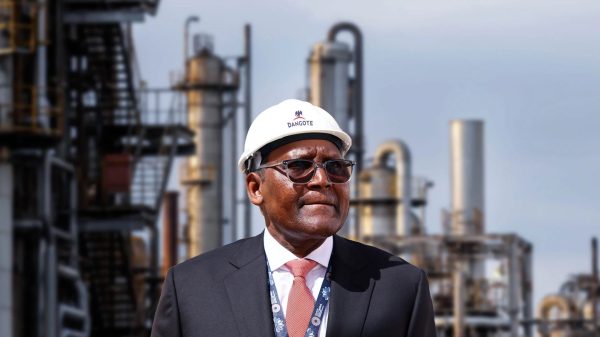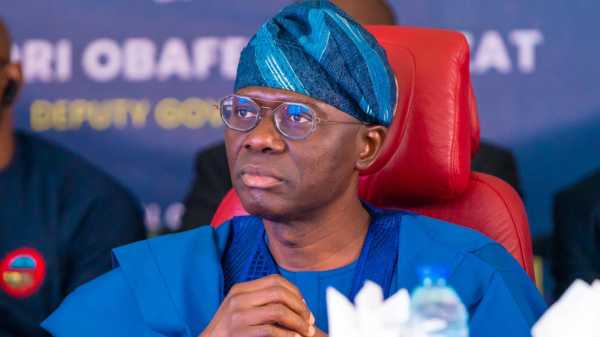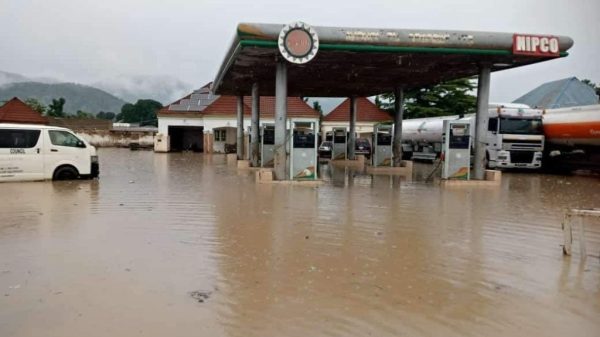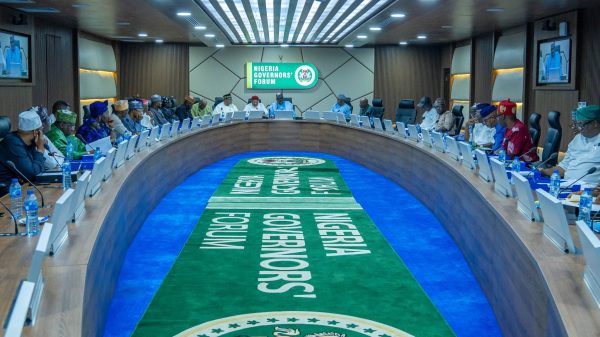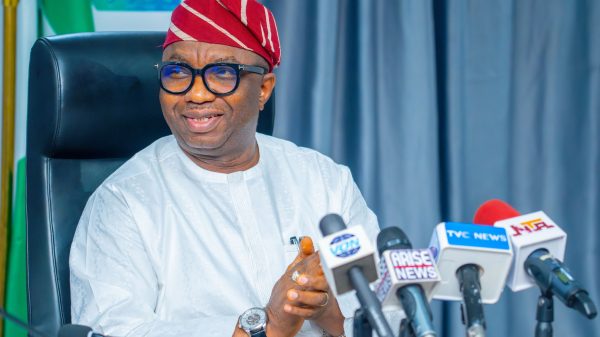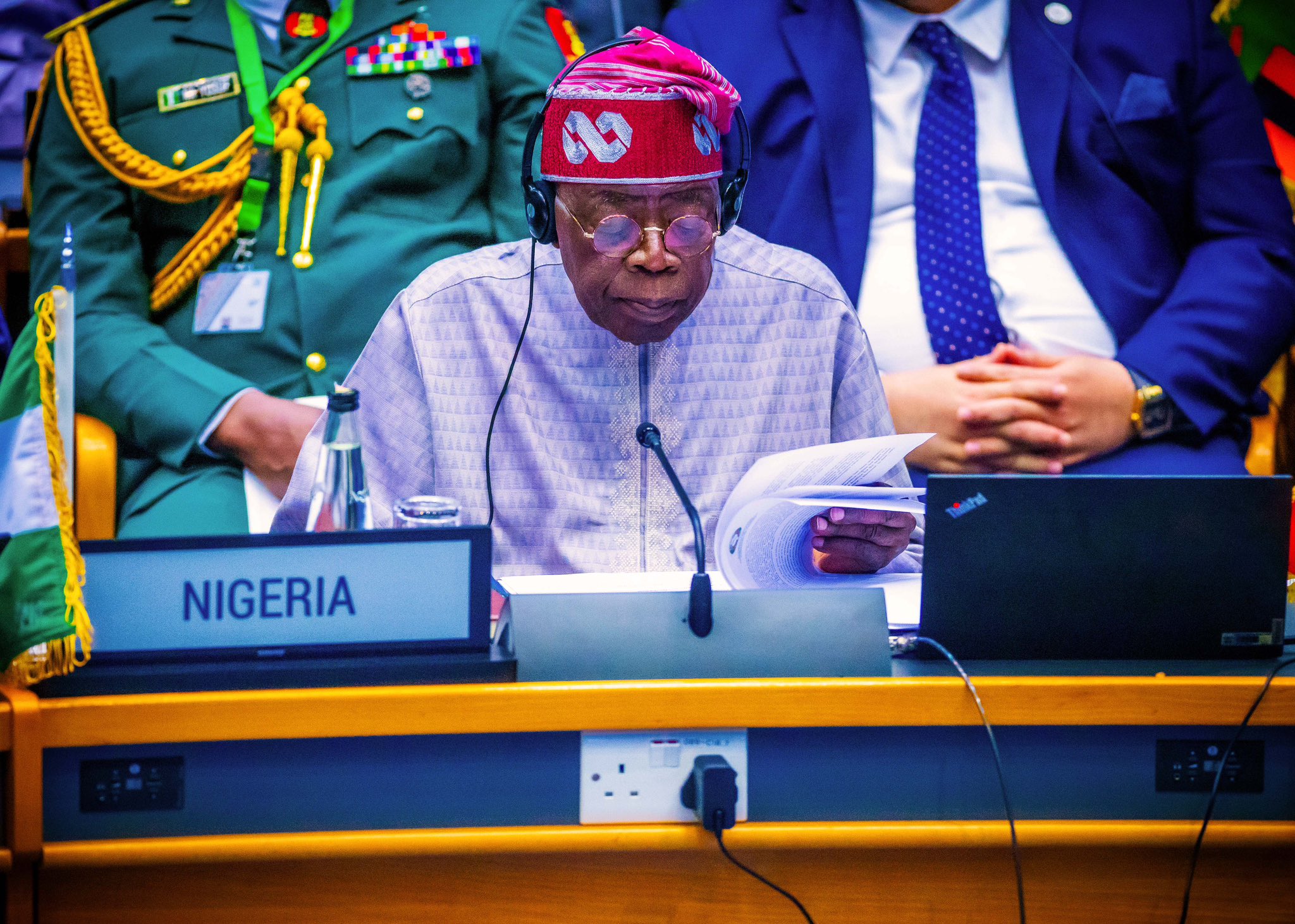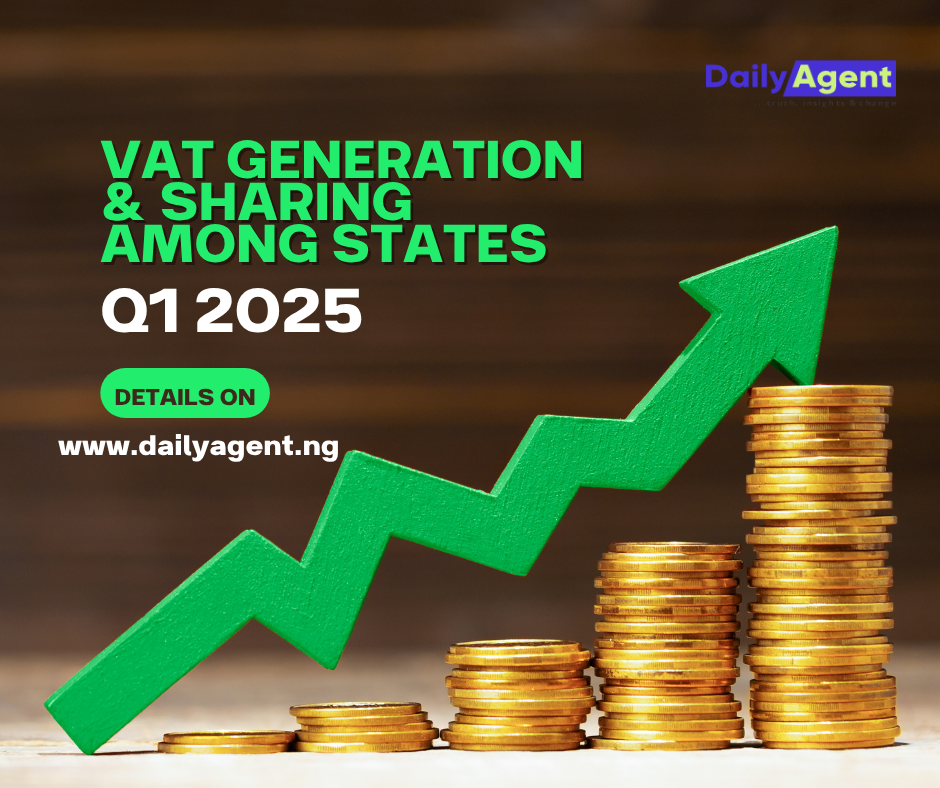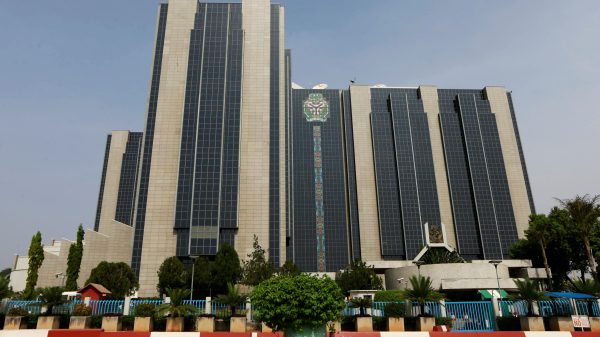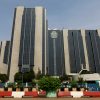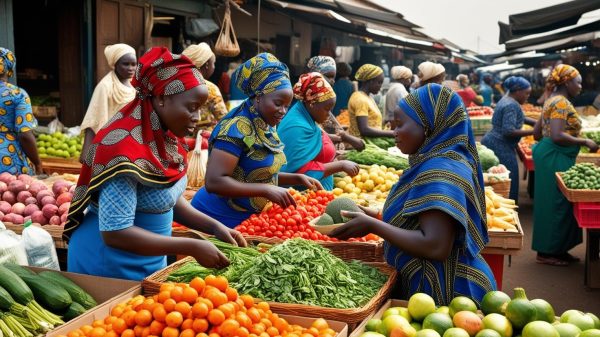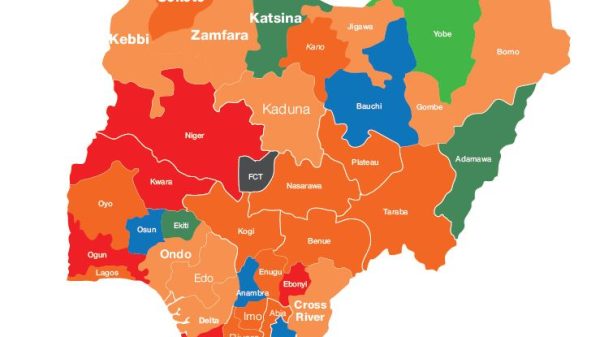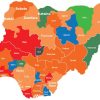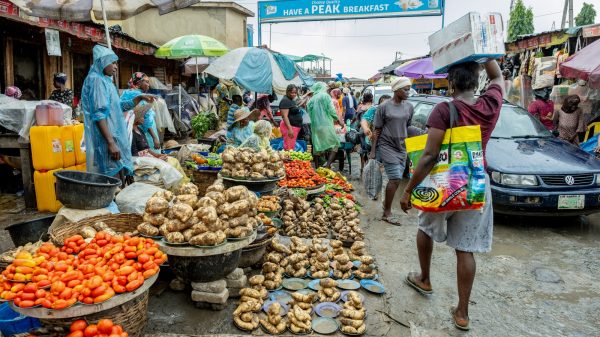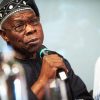Dele Alake, special adviser to the president, says Tinubu has approved the establishment of the infrastructure support fund (ISF) to drive investments in critical sectors for subnational growth.
Alake said the creation of ISF for 36 states is part of the measures taken by the federal government to cushion the effects of petrol subsidy removal.
He made this known on Thursday in Abuja during the monthly meeting of the Federation Account Allocation Committee (FAAC).
Alake who is the special adviser to the president on special duties, communications and strategies, noted that the ISF would enable the subnational governments to “intervene and invest in critical areas” so as to improve “economic competitiveness, create jobs and deliver economic prosperity”.
According to Alake, areas such as transportation, including farm-to-market road improvements; agriculture, encompassing livestock and ranching solutions; health, with a focus on basic healthcare; education, especially basic education; power and water resources”.
The presidential aide said the FAAC had agreed that only N907 billion out of N1.9 trillion distributable revenues generated in June will be shared among the three tiers of government.
He added that FAAC resolved that the balance of N790 billion will be saved.
“The committee also resolved to save a portion of the monthly distributable proceeds to minimize the impact of the increased revenues occasioned by the subsidy removal and exchange rate unification-on money supply, as well as inflation and the exchange rate,” Alake said in the statement.
“Out of the June 2023 distributable revenue of N1.9 trillion, only N907 billion will be distributed among the three tiers of government, while 790 billion will be saved, and the rest will be used for statutory deductions.
“These savings will complement the efforts of the infrastructure support fund (ISF) and other existing and planned fiscal measures, all aimed at ensuring that the subsidy removal translates into tangible improvements in the lives and living standards of Nigerians.
“The committee commends President Tinubu for the bold decision to remove the petrol subsidy, and even more importantly, for providing necessary support to the States to cushion the effects of the subsidy removal on Nigerians.”






